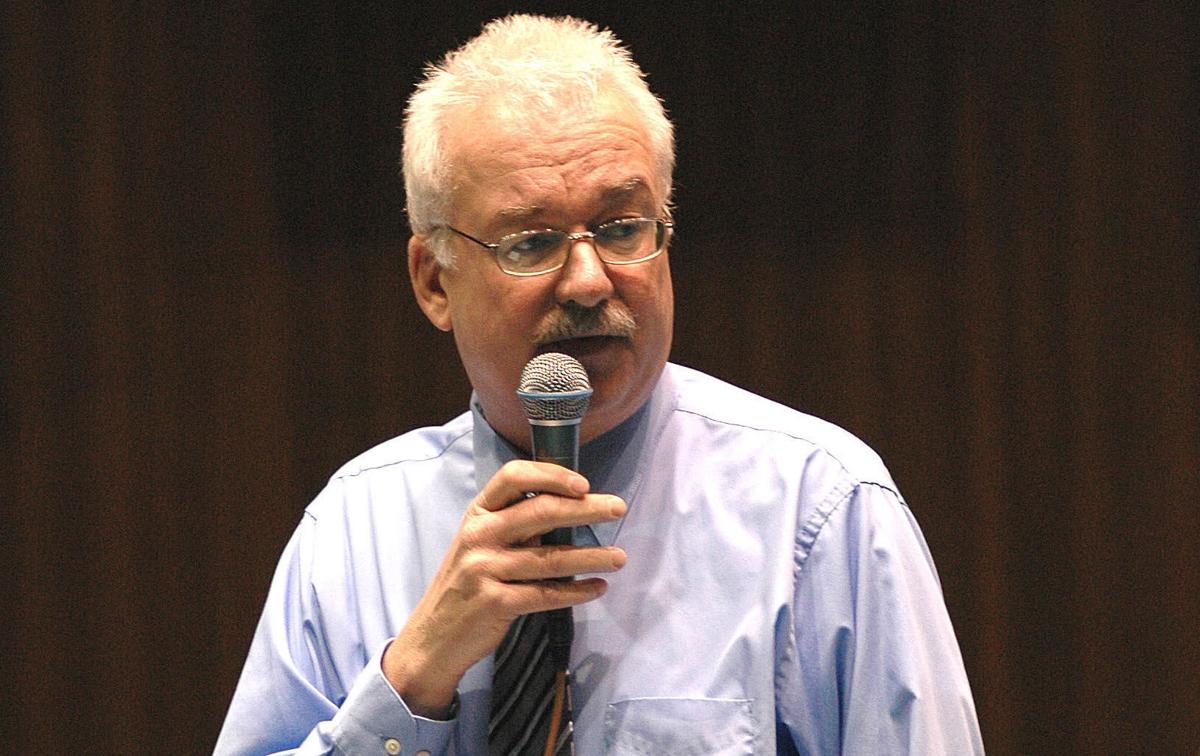Saying it will make people safer, state senators voted Monday to allow some gun owners to ignore the signs that now prohibit guns in many public buildings.
SB 1243 would repeal laws that allow government agencies to declare their buildings to be gun-free zones by posting a notice and then bring criminal charges against those who insist on bringing in their weapons anyway. Those laws would no longer apply to the more than 306,000 people who have obtained a permit to carry a concealed weapon.
Sen. John Kavanagh, R-Fountain Hills, said the existing laws are a bit of a joke.
“Right now, the little $1.98 decal that says ‘no firearms allowed’ on the entrance to these facilities doesn’t keep bad guys out,” he said during floor debate. All it does, Kavanagh said, is force those who obey the law — the good guys — to surrender their weapons at the door or leave them in their vehicles, leaving them unarmed when someone who has ignored the sign starts shooting.
Under SB 1243, governments could still keep out everyone with a gun, but only by installing magnetic screening devices and hiring guards at all public entrances. Kavanagh said that is the only way to keep a building truly gun-free.
“It puts a literal gun to the head of any governmental entity that wants to decide to ban guns from its territory,” he said, forcing them to spend money on equipment and staff.
Sen. Steve Farley, D-Tucson, cited figures from the Department of Administration saying that the cost of installing such devices in just state buildings between $3.7 million and $6.3 million the first year and at least $3.5 million annually thereafter. Farley said extending that out to all cities and counties puts the price tag in the $100 million range.
Kavanagh said that ignores a key point: Governments can avoid the expense simply by allowing concealed weapon permit holders to keep their guns.
Arizona law allows any adult to carry a concealed weapon. But Kavanagh said those with permits belong to a special group, having gone through background checks and a state-approved training course. And he said they’re entitled to special consideration — and a special right of self-defense when they enter what is supposedly a gun-free zone.
“This will prevent honest decent people from having criminals put guns to their heads,” Kavanagh said.
Farley was unconvinced, saying that “training” really doesn’t amount to much more than proving someone is old enough. And Sen. Martin Quezada, D-Phoenix, said it’s a fallacy to believe that permit holders are any safer with their guns than those who simply carry concealed weapons without a permit.
“Somebody who is ‘a good guy with a gun’ thinks that because they have a Second Amendment right to bear arms, and because they were granted a CCW permit, that they are now somehow an expert marksman and they will be able to save the day,” he said. “Just because you carry a gun does not mean that you are a hero.”
Farley said that points up a related problem: what happens when police show up at an “active shooter” situation.
“They will tell you the most dangerous situation is when there are multiple shooters,” he said.
“If you’ve got a bad guy with a gun and a good guy with a gun, you don’t know who the bad guy with a gun is when you first arrive on the scene,” Farley continued. “And that leads to an even more dangerous situation where they don’t know who to take down and who not to take down.”
Kavanagh brushed aside the contention that more people at a scene who are armed will lead to more injuries.
“They’re arguing that nobody should be allowed to carry firearms except police officers,” he said. “That’s not what the Second Amendment says, that’s not what the Supreme Court says.”
That right of CCW-permit holders to keep their guns would not be absolute.
SB 1243 does not overrule other laws that keep guns out of public schools and buildings on college and university campuses, even without screening devices. Also off limits would be places where alcohol is served, public buses, jails and court houses.
And nothing in the legislation would force the owners of private property or business owners to allow people with guns.
Legislators have approved similar measures in prior years, only to have them vetoed in 2011, 2012 and 2014 by Jan Brewer when she was governor. She voiced her concern about cost to cities, counties and other government agencies that want to keep their buildings free of guns but may not be able to afford the necessary equipment and to provide guards at each door.
Current Gov. Doug Ducey has not had to weigh in as efforts in 2015 and again last year never reached his desk. He has repeatedly proclaimed himself a supporter of the Second Amendment but has refused to say whether he would sign such a measure.





